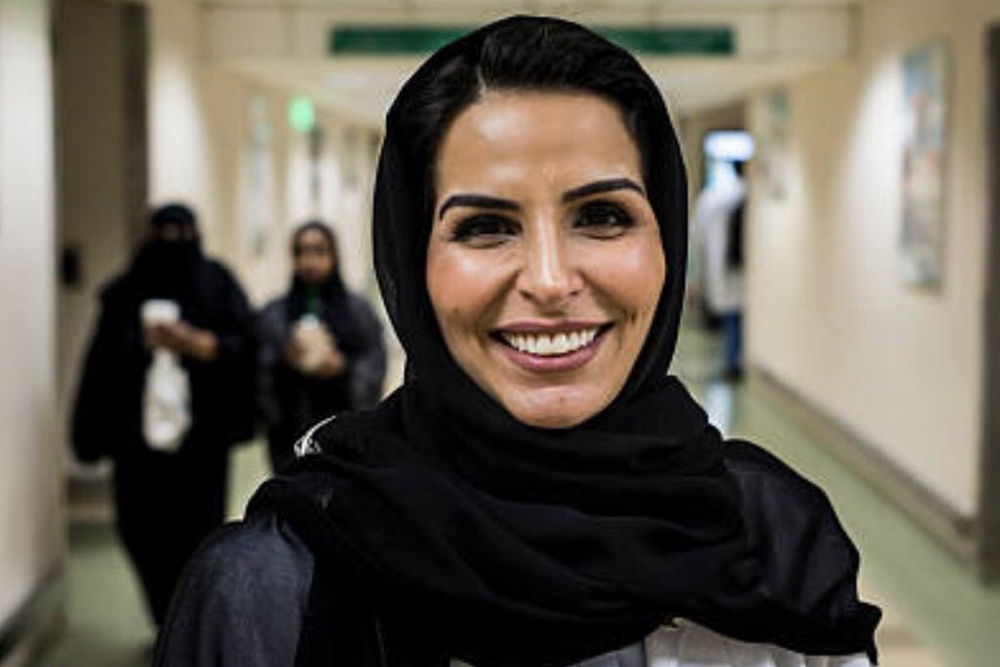
Over 70% of health workers fighting coronavirus around the world are women.
Dr. Ghada Bint Yousef, deputy dean for students' affairs at King Saud University, said, "Most of these women are working on the frontlines in giving healthcare services with attending and caring COVID-19 patients."
Dr. Bint Yousef was one of four Saudi specialists in the domains of health, education, and media who spoke at the Prince Abdulrahman Al-Sudairy Cultural Center at the 14th session of the Muneerah Bint Mohammed Al-Melhem Forum for Local Community Services. The benefits and negatives of the coronavirus pandemic on social, economic, health, and psychological elements of life were discussed at the forum titled "Safe Return...challenges and opinions." Princess Noura Bint Muhammad Al-Saud was the guest of honor at the event.
Dr. Nouf Abdul Aziz Al-Anazi, a top cardiologist from Saudi Arabia, is now the director of the King Fahd Cardiac Center at the King Saud University Medical City.https://t.co/Ajizp4loEW
— About Her (@AboutHerOFCL) February 4, 2021
According to Saudi Gazette, Dr. Muhammad Al-Shayea, president of Al-Jouf University, suggested that the pandemic's effects would hasten development and societal change.
Dr. @Mona_Obaid is shattering glass ceilings in Saudi Arabia's pharmaceutical industry.https://t.co/liCG1C3N5T
— About Her (@AboutHerOFCL) December 11, 2020
Dr. Abdul Hamid AlHabib, director general of the National Center for the Promotion of Mental Health, noted in his speech that the pandemic had a profound impact on mental health since it upended many people's lives.
According to Dr. Ali AlAnzi, a media professor at King Saud University, a safe return to normal life necessitates a lot of effort from multiple sectors to assure the highest level of health safety and the full resumption of commercial and economic activity.

















